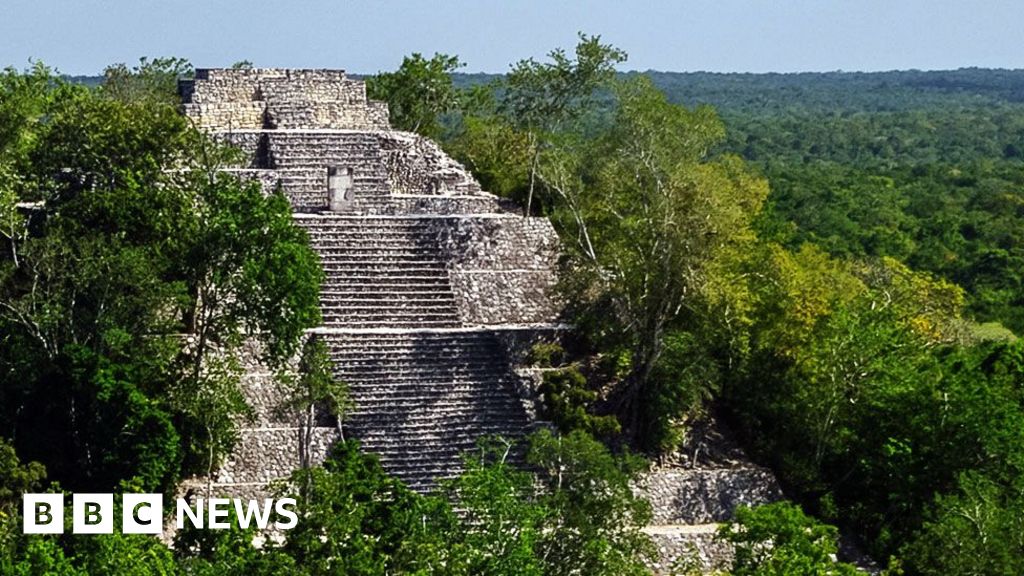- cross-posted to:
- offbeat@lemmy.ca
- cross-posted to:
- offbeat@lemmy.ca
A huge Mayan city has been discovered centuries after it disappeared under jungle canopy in Mexico.
Archaeologists found pyramids, sports fields, causeways connecting districts and amphitheatres in the southeastern state of Campeche.
They found the hidden complex - which they have called Valeriana - using Lidar, a type of radar survey that maps structures buried under vegetation.
They believe it is second in size only to Calakmul, thought to be the largest Mayan site in ancient Latin America.



People aren’t generally aware, but the Yúcatan was densely populated during the Mayan classic period (approx. 250-900 CE). Last I read, the estimate was around 20 million people, but that was years ago, so I’m sure it’s gone way up with all the new Lidar surveys.
The population of vastly larger Europe in 1000 CE was less than twice that.
We don’t know for sure why their society collapsed, but the going theory is significant climate change, so there’s something to look forward to.
Also, this caption made me laugh:
And the picture would look similar to that pyramid except all trees. Which is why they only saw it on a Lidar survey. Duh.